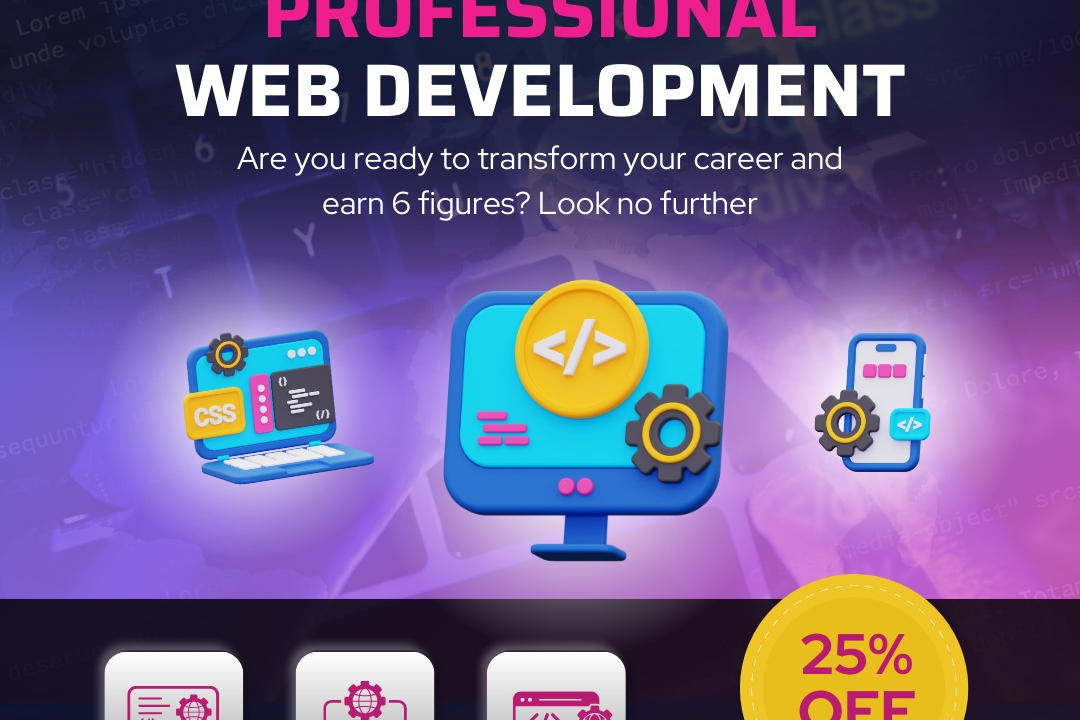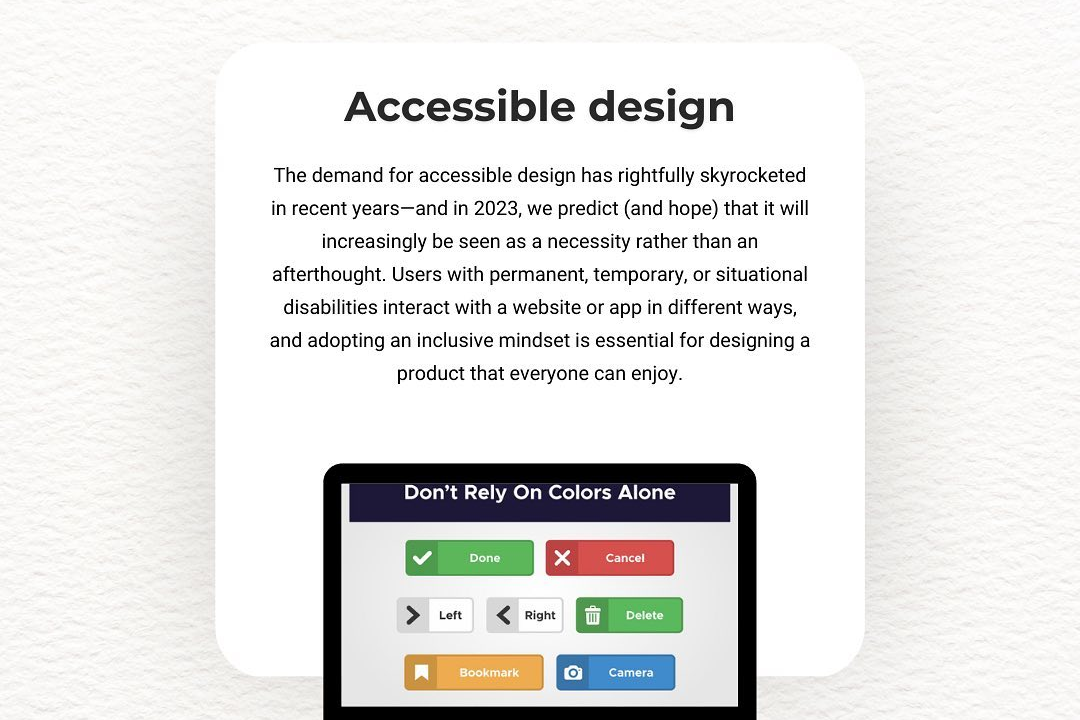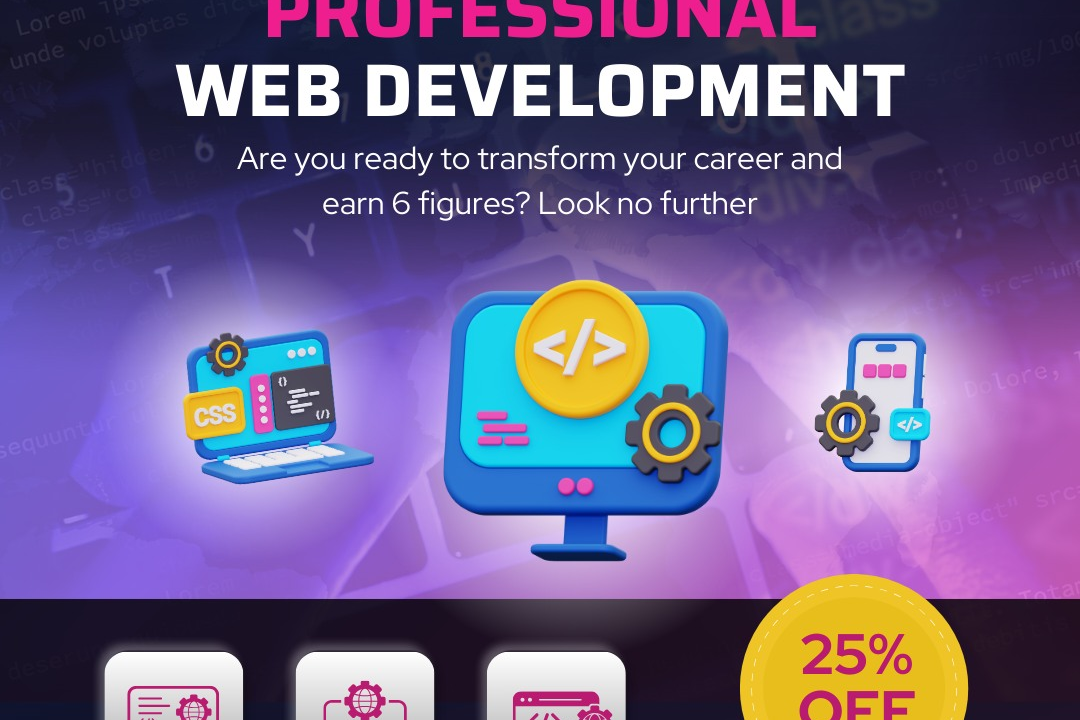How to compile PHP programs
Compiling PHP programs in the Linux terminal involves using the command-line interface to execute PH
How to compile PHP programs
Compiling PHP programs in the Linux terminal typically involves executing PHP scripts directly with the PHP interpreter, which is useful for testing, debugging, and running code efficiently without the need for traditional compilation. Since PHP is an interpreted language, the process allows developers to quickly execute scripts and see results in real-time, streamlining development workflows and facilitating rapid prototyping. This approach is especially beneficial for web development, automation tasks, and managing server-side scripts, ensuring that PHP programs can be run seamlessly within the Linux environment with minimal setup.
To Download Our Brochure: https://www.justacademy.co/download-brochure-for-free
Message us for more information: +91 9987184296
Compiling PHP programs in the Linux terminal typically involves executing PHP scripts directly with the PHP interpreter, which is useful for testing, debugging, and running code efficiently without the need for traditional compilation. Since PHP is an interpreted language, the process allows developers to quickly execute scripts and see results in real time, streamlining development workflows and facilitating rapid prototyping. This approach is especially beneficial for web development, automation tasks, and managing server side scripts, ensuring that PHP programs can be run seamlessly within the Linux environment with minimal setup.
Course Overview
Learn the essential steps to compile and run PHP programs efficiently in a Linux environment, including setup, script execution, and troubleshooting, to enhance your web development skills and streamline your PHP workflows.
Course Description
This course provides a concise guide to compiling and running PHP programs on Linux, covering setup, script execution, and troubleshooting techniques to improve your PHP development skills efficiently.
Key Features
1 - Comprehensive Tool Coverage: Provides hands-on training with a range of industry-standard testing tools, including Selenium, JIRA, LoadRunner, and TestRail.
2) Practical Exercises: Features real-world exercises and case studies to apply tools in various testing scenarios.
3) Interactive Learning: Includes interactive sessions with industry experts for personalized feedback and guidance.
4) Detailed Tutorials: Offers extensive tutorials and documentation on tool functionalities and best practices.
5) Advanced Techniques: Covers both fundamental and advanced techniques for using testing tools effectively.
6) Data Visualization: Integrates tools for visualizing test metrics and results, enhancing data interpretation and decision-making.
7) Tool Integration: Teaches how to integrate testing tools into the software development lifecycle for streamlined workflows.
8) Project-Based Learning: Focuses on project-based learning to build practical skills and create a portfolio of completed tasks.
9) Career Support: Provides resources and support for applying learned skills to real-world job scenarios, including resume building and interview preparation.
10) Up-to-Date Content: Ensures that course materials reflect the latest industry standards and tool updates.
Benefits of taking our course
Functional Tools
1 - GCC (GNU Compiler Collection): GCC is a powerful and widely used compiler that supports various programming languages, including C and C++. In the PHP compilation process, GCC compiles the source code and links the necessary libraries to generate executable binaries. Its robustness and flexibility make it an essential tool for customizing PHP build configurations, optimizing performance, and troubleshooting compilation issues during the development process. Students learn how to configure GCC for compiling PHP from source, manage compiler flags, and resolve common compilation errors using this tool.
2) Make: Make is a build automation tool that simplifies the process of compiling PHP by managing dependencies and automating complex build sequences. Through Makefiles, students can define compile instructions, specify source files, and set targets for the build process. This tool streamlines repetitive tasks, reduces manual intervention, and ensures consistency across different build environments. Students are guided on creating effective Makefiles, optimizing build routines, and troubleshooting build failures related to dependency issues.
3) Autoconf: Autoconf is a tool used to generate configuration scripts that automatically detect system features, libraries, and compiler capabilities on Linux systems. During PHP compilation, Autoconf configures build environments by checking for required dependencies, compiler versions, and system specific configurations. This ensures that PHP is compiled with the correct options tailored to each system's setup. Students learn how Autoconf simplifies building portable PHP binaries across diverse Linux distributions by automating system compatibility checks.
4) Automake: Automake works alongside Autoconf, providing standardized Makefile templates that facilitate the building and installation of PHP modules and programs. It helps in maintaining consistent build processes and simplifies the management of complex projects by generating portable Makefiles. Students explore how Automake abstracts build instructions, ensures adherence to best practices, and supports scalable PHP development workflows on Linux systems.
5) GDB (GNU Debugger): GDB is an essential debugging tool used during PHP compilation to diagnose and fix issues. When errors or crashes occur in compiled PHP binaries, GDB allows students to step through code execution, analyze memory usage, and identify fault causes. It offers an interactive environment for debugging both compiler generated binaries and runtime problems, making it invaluable for troubleshooting compilation errors. Students are trained to utilize GDB commands effectively, set breakpoints, and interpret debugging information.
6) pkg config: Pkg config is a utility that provides compiler and linker flags for libraries required during PHP compilation. It simplifies dependency management by querying installed libraries and supplying necessary include paths and linking options. Students learn how to integrate pkg config in build scripts to ensure that PHP can find and properly link against external libraries such as OpenSSL, zlib, or libxml2, which are often essential for PHP’s extended functionalities.
7) CMake (Optional): CMake is a cross platform build system generator that may be used for more advanced PHP build scenarios, especially in complex projects that require flexible configuration and support for multiple build environments. It generates native build files for Linux and other operating systems, helping students understand how to manage large scale PHP compilation projects with dependencies. CMake simplifies the build process in sophisticated setups, allowing for easier maintenance and scalability.
8) Shell Scripting Tools: Shell scripting, involving Bash or other shells, plays a vital role in automating the compilation process. Scripts can streamline configuration, compilation, testing, and installation steps, reducing manual effort and minimizing errors. By writing shell scripts, students learn how to create repeatable build workflows, automate environment setup, and handle common compilation tasks efficiently. This skill is essential for managing large projects and ensuring consistent build environments on Linux.
9) Librarian Tools (ar, ranlib): These tools are used to create static libraries from compiled object files. During PHP compilation, ar archives object files into libraries, while ranlib indexes them for faster access during linking. Students understand how to use ar and ranlib to manage static libraries, optimize build processes, and troubleshoot issues related to library management in PHP.
10) Version Control Systems (Git): Though not directly involved in compilation, Git is crucial for managing source code versions during PHP build processes. It allows students to track changes, collaborate with others, and revert to previous states if compilation issues arise. Integrating Git into the build workflow ensures that students can maintain clean, organized codebases and manage different build configurations effectively during PHP development on Linux systems.
11 - YACC/Bison: YACC (Yet Another Compiler Compiler) or Bison (GNU parser generator) are tools used to generate syntax parsers for programming languages. When compiling PHP, these tools help in parsing PHP scripts and internal code structures. Students learn how to define grammar rules and generate parsers, which are essential for extending PHP’s functionality or developing custom language features, ensuring that the compiler correctly interprets PHP syntax on Linux.
12) Libtool: Libtool is a scripting tool that facilitates the creation of shared libraries across different Unix like systems, including Linux. It manages platform specific build complications and provides a consistent interface for building portable shared libraries for PHP extensions or modules. Students are trained to use Libtool to simplify the process of developing, compiling, and installing PHP extensions with shared library support.
13) Valgrind: Valgrind is an instrumentation framework for detecting memory leaks, uninitialized memory usage, and other runtime errors. During PHP compilation and testing, students utilize Valgrind to analyze binaries for memory related issues that could cause crashes or security vulnerabilities. Learning how to interpret Valgrind reports is crucial for maintaining robust and efficient PHP applications on Linux.
14) patches and diff Tools: Tools like ‘patch’ and ‘diff’ are used to manage source code modifications or updates during PHP compilation. They help in applying code fixes, custom patches, or updates to PHP source trees without regenerating the entire codebase. Students gain skills in managing code changes systematically, which contributes to smoother updates and customization processes.
15) OpenSSL and SSL Libraries: For building secure PHP applications, integration with SSL libraries like OpenSSL is necessary. During compilation, students learn how to link PHP with cryptographic libraries, enabling HTTPS support, secure data transmission, and other security features. Understanding library linking and configuration ensures that PHP deployment adheres to best security practices on Linux.
16) PHP Build Tools (Phpize & PHP Configure Scripts): ‘phpize’ prepares the build environment for PHP extensions, while ‘./configure’ scripts customize PHP’s build options. Students learn the practical steps to prepare, configure, compile, and install PHP modules and extensions, tailoring PHP builds for specific use cases or environments on Linux systems.
17) Testing Frameworks (PHPUnit, CUnit): Post compilation, testing tools ensure PHP’s stability and correctness. Students explore how to run unit tests and functional tests to verify that PHP and its extensions work correctly after compilation. Automating tests using these tools is essential for maintaining high quality code in custom PHP builds.
18) Continuous Integration Tools (Jenkins, GitLab CI): For large projects requiring frequent PHP builds, integration with CI systems automates compiling, testing, and deployment workflows. Students learn to set up CI pipelines that facilitate rapid development cycles, early error detection, and reliable PHP builds in Linux environments.
19) Dependency Management Tools (Composer): Although primarily a runtime dependency manager, Composer can be integrated into build workflows to manage PHP package dependencies efficiently. Understanding dependency resolution ensures that compiled PHP applications include all necessary libraries, improving stability and compatibility.
20) Disk and System Management Tools: Utilities like ‘df’, ‘du’, and ‘top’ help monitor disk space, resource usage, and system performance during the compilation process. Effective system management ensures that compiling PHP on Linux servers occurs smoothly without resource bottlenecks, promoting efficient build environments.
21 - Cross Compilation Tools: For deploying PHP on different hardware architectures, cross compilation tools enable building binaries on one system for another. Students learn how to configure and use cross compilers, aiding in scenarios like deploying PHP on embedded Linux devices or specialized hardware.
22) Documentation Generators (Doxygen): When developing or customizing PHP source code, documentation tools like Doxygen assist in generating comprehensive code documentation automatically. This promotes better understanding, easier maintenance, and future enhancements of PHP build components.
23) Performance Profiling Tools (perf, Valgrind, gprof): Profiling tools help analyze the performance of PHP binaries after compilation. Students learn to identify bottlenecks, optimize code paths, and ensure that the compiled PHP performs efficiently under production loads on Linux.
24) Environment Management Tools (Docker): Containerization tools like Docker facilitate creating consistent and isolated build environments for PHP compilation. Students explore container based workflows, ensuring reproducible builds and simplifying dependency management across different Linux environments.
25) Security Tools (Fail2Ban, ClamAV): Post compilation security tools can be integrated into PHP hosting environments to monitor and protect against vulnerabilities. Students understand how to secure PHP deployments on Linux systems, complementing their compiled applications with comprehensive security practices.
Browse our course links : https://www.justacademy.co/all-courses
To Join our FREE DEMO Session:
This information is sourced from JustAcademy
Contact Info:
Roshan Chaturvedi
Message us on Whatsapp: +91 9987184296
Email id: info@justacademy.co












